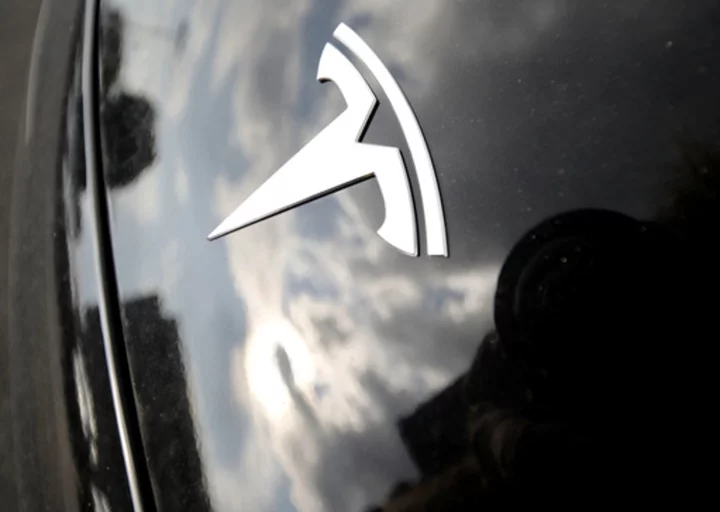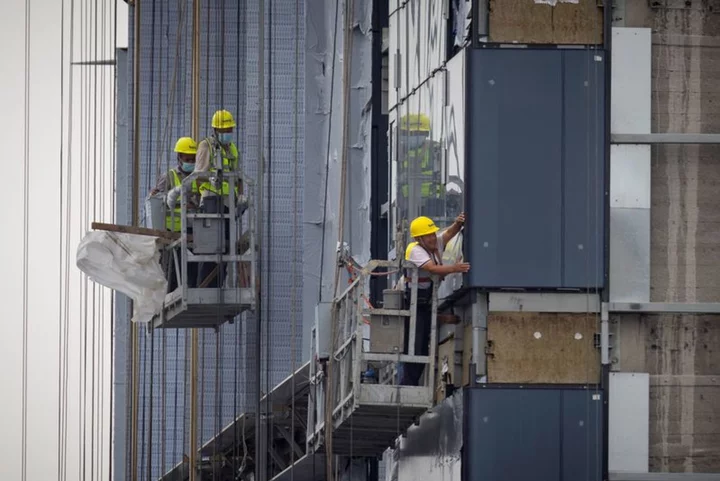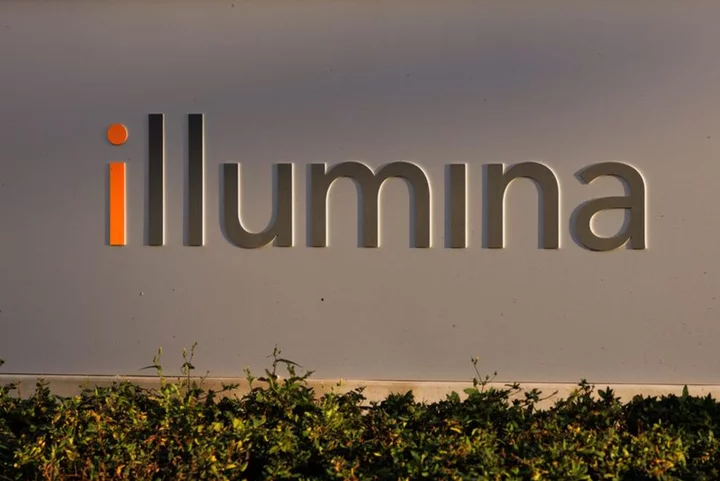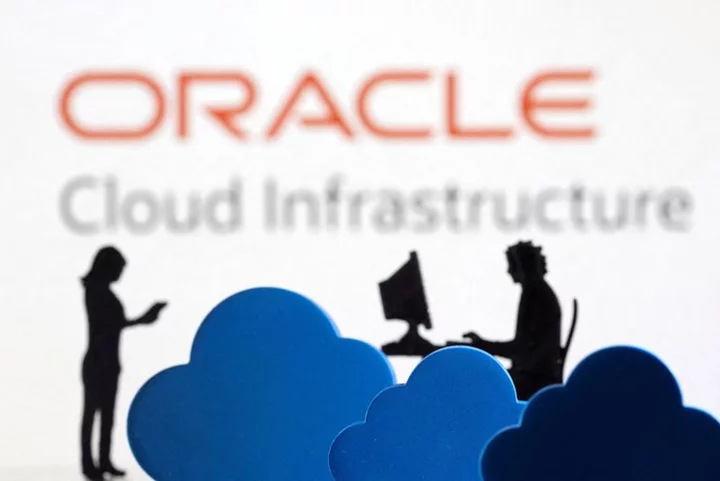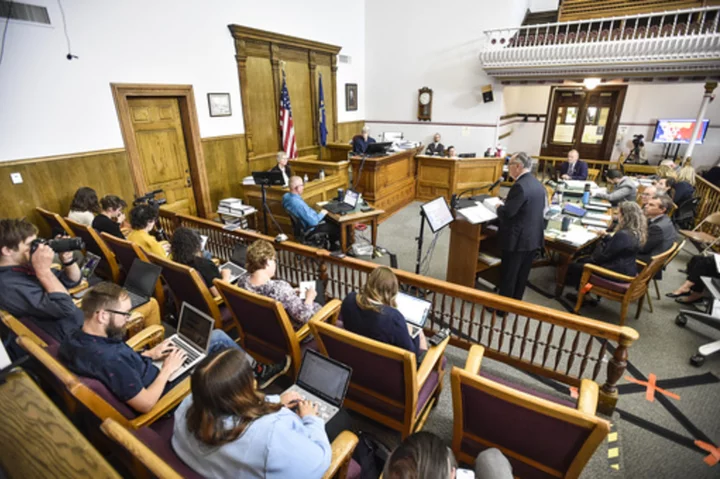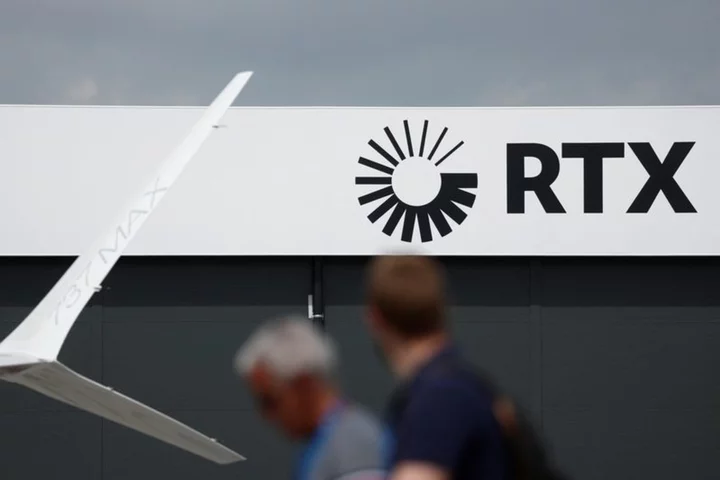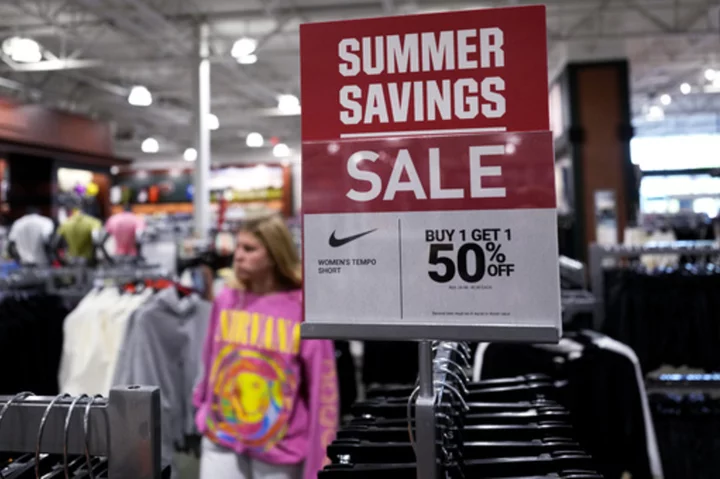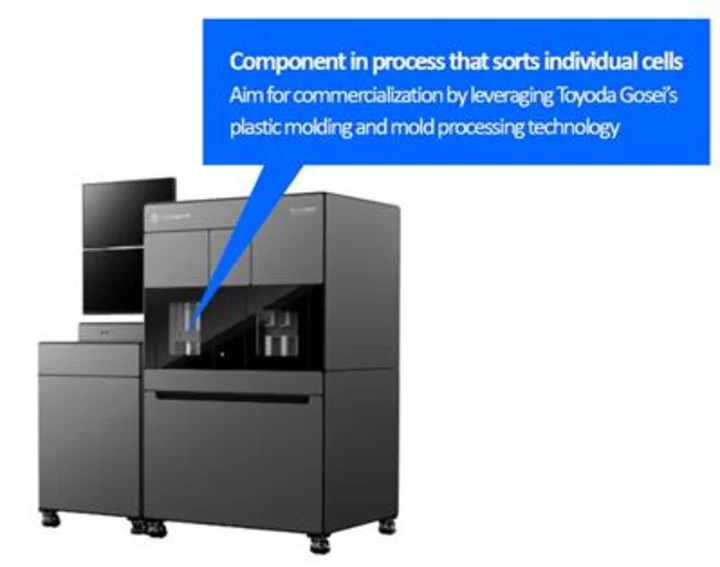LOS ANGELES (AP) — A criminal prosecution against a Tesla driver in Los Angeles County will end on Tuesday, the final step of a case believed to be the first time in the U.S. prosecutors brought felony charges against a motorist who was using a partially automated driving system.
But the conclusion of driver Kevin Aziz Riad's case is offering little solace to Lorena Ochoa, whose spouse was one of two people killed in the 2019 crash in a Los Angeles suburb. She believes both Tesla and Aziz Riad, who received probation as punishment, should face harsher consequences.
Aziz Riad faces a restitution hearing on Tuesday, where a judge will determine how much money he owes the families of Gilberto Alcazar Lopez and Maria Guadalupe Nieves-Lopez. Aziz Riad was using Autopilot, and the case has raised legal and ethical questions about the technology, particularly as Tesla sales grow and more automakers equip cars with similar systems.
The victims' families have separately filed civil lawsuits against Aziz Riad and Tesla that are ongoing.
Tesla says on its website that its cars require human supervision and are not autonomous, but critics say the electric vehicle maker continues a misleading marketing campaign implying that vehicles using Autopilot can drive themselves.
“They make cars that they know cause accidents, and they don’t care,” said Ochoa, Alcazar Lopez’s spouse, in an interview in Spanish last week. “Families are broken, lives are lost and they don’t care.”
Authorities say Aziz Riad, a limousine service driver, was at the wheel of a Tesla Model S that was moving at 74 mph (119 kph) when it left a freeway and ran a red light on a local street in Gardena, California, on Dec. 29, 2019. The Tesla struck a Honda Civic at an intersection, and Alcazar Lopez and Nieves-Lopez died at the scene.
Tesla says Autopilot technology can keep a car in its lane, maintain some distance from cars in front of it and make lane changes. But Autopilot has had trouble with stopping for emergency vehicles parked on roads, and it’s also under investigation by the National Highway Traffic Safety Administration for braking without driver input.
U.S. safety regulators are probing Tesla’s partially automated driving systems in at least 35 crashes and 17 deaths nationwide since 2016. The automaker did not respond to requests for comment.
Experts saw the felony charges for the deaths of Alcazar Lopez and Nieves-Lopez as a warning for drivers who use systems like Tesla's Autopilot that they cannot rely on them to control vehicles and could face prosecution if a tragedy occurred.
Aziz Riad, the Tesla driver, pleaded no contest to two counts of vehicular manslaughter with gross negligence. Despite facing more than seven years behind bars, a judge sentenced him to probation in June.
Ochoa blames both Aziz Riad and Tesla for her spouse's death. She had hoped Aziz Riad would go to prison and feels probation was too lenient.
“How can there be justice if the person who took the life of the father of my children, of my husband, is free and is not paying for the mistake he made?” she said. “It is not fair.”
The Los Angeles County District Attorney’s Office defended the plea deal in a statement, saying the disposition “was arrived at taking into account all of the evidence and materials presented in the case.”
The couple had separated but co-parented their three children and remained on good terms. In 2019, Alcazar Lopez was living in Los Angeles with their eldest. He was a good father, Ochoa said, and looked out for his family even though the spouses were apart.
Alcazar Lopez and Nieves-Lopez had been on their first date when the crash occurred.
Bryant Walker Smith, a University of South Carolina law professor who follows automated vehicles, says the law has to balance two arguments that are both correct. One is that people should be held accountable for mistakes if they fail to control a two-ton vehicle. Another is that in Aziz Riad's case, there's no evidence he intended to kill anyone.
Arthur Barens, Aziz Riad’s criminal defense lawyer, said he is “comfortable” with probation given his client did not mean to do anything wrong.
The question of civil liability is even more complex. Is Aziz Riad responsible for the deaths, since he was behind the wheel, or is Tesla?
It’s possible to argue Tesla engineers should know that people will become too reliant on driver-assist systems and trust them too much, Walker Smith said.
For years, he and others have said Tesla can do more to make its technology safer. Their suggestions include limiting Autopilot use to freeways, as well as upgrading a driver-monitoring system that currently allows drivers to “check out” while behind the wheel. Walker Smith also wants Tesla's technology to shut down faster if it determines drivers are not watching the road.
Similar technology from Ford and General Motors, for instance, monitor drivers with infrared cameras to make sure they’re paying attention. If they don’t, the systems warn the drivers and will turn off. They also confine use of their systems to mostly limited-access freeways and turn them off when they are on city streets, which are more complex and present more dangers.
Don Slavik, an attorney representing Alcazar Lopez's family in their lawsuit, said he will argue in court that Tesla has been marketing its cars as being able to drive themselves since at least 2016. Civil attorneys for Aziz Riad and Nieves-Lopez’s family did not respond to inquiries.
Slavik said he has little hope Tesla will change its behavior or upgrade the technology even if he wins a big judgment for Alcazar Lopez's family.
“Maybe not this case, but after they get hit enough times, maybe they’ll make some significant changes,” he said.
__
Krisher reported from Detroit. Associated Press Writer Amy Taxin in Orange County, California, contributed.

